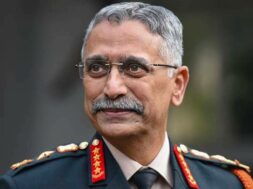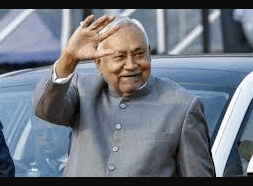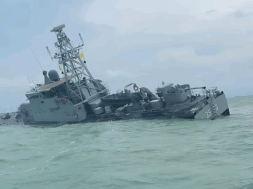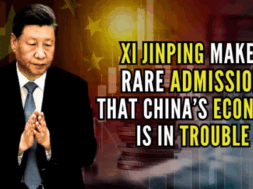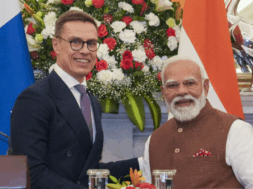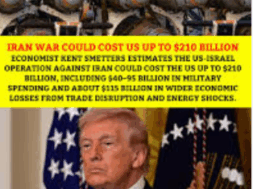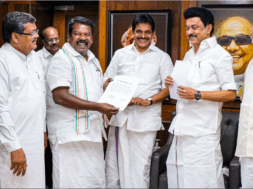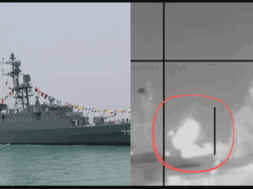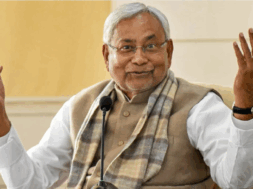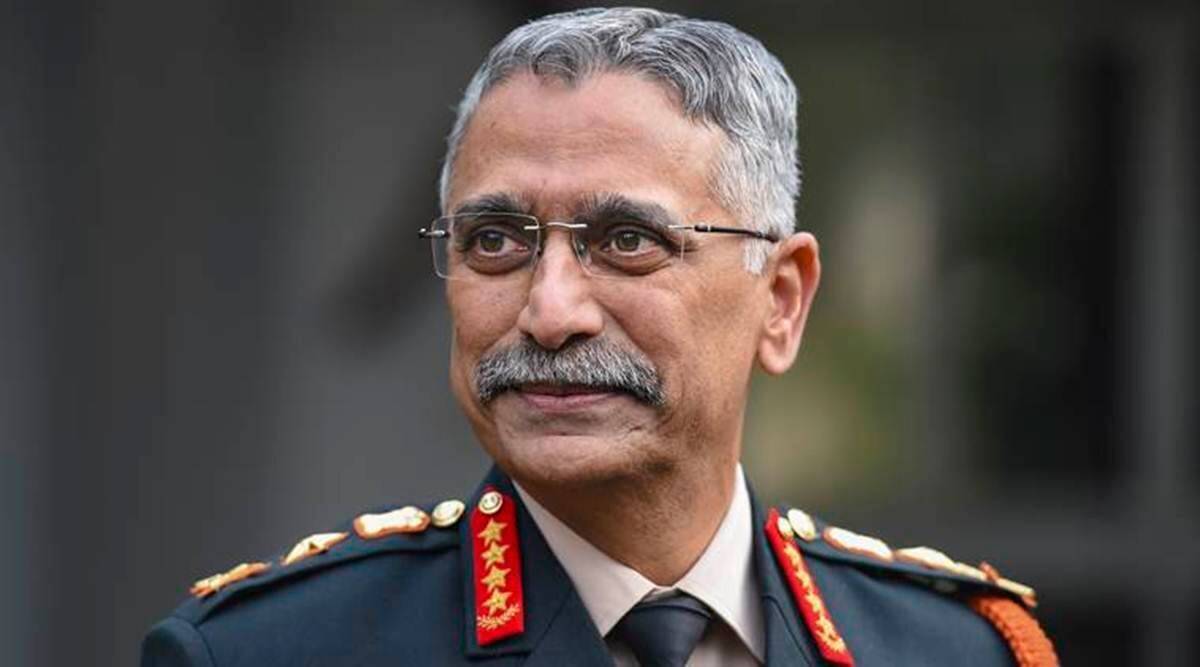
General Naravane Frustrated over “Slow and Bureaucratic Process” in Acquiring Army Requirements
NEW DELHI, Oct 1: The chief of the army staff General MM Naravane has expressed frustration over the “slow and bureaucratic process” for capital acquisitions for the army. “The danger that our long-drawn procurement processes and bureaucratic speed-breakers would prevent us from acquiring cutting edge technology is a real one,” he said and called the system L1, where lowest bidder gets the contract, “a legacy of the colonial era.”
General Naravane said it was important for the armed forces to build capabilities, which is a regular and sustained process. “For us, it translates to maintaining the right ratios between state-of-the-art, contemporary and legacy systems in our inventory. With the cycle of new and disruptive technologies getting shorter and faster, avoiding technological obsolescence remains a big challenge,” he said.
The Army Chief has been vocal about the speed and complexity of the capital procurement processes on multiple occasions in the past. On Friday he said although “much work” had been done in bringing about systemic changes with the aim of ease of doing business it was still a “work in progress.”
“There are still archaic rules and processes that defy logic and are at variance to modern best practices. This needs to be addressed,” he said. While there was a thrust towards ease of doing business, he asked the industry to “proactively push for reforms.” Processes that are out of sync with contemporary times and our future vision “must be ruthlessly shed for modern best-practices,” he said.
“The L1 system is one such legacy of the colonial era that has lost its relevance in a system that is pushing for indigenisation. After all, why should merely price dictate our choice, when the money is destined to be pumped back into the domestic economy. It is time we looked at quality and transited to a T1 system, more in tune with our capability development aspirations,” he said.
General Naravane said that since the emergency powers were invoked in June 2020, 113 contracts for revenue procurement of operationally critical ammunition, armament, vehicles, spares and special mountaineering equipment for almost Rs 9,000 crore were concluded till August 2021. Another 68 contracts for capital procurement were inked for about Rs 6,500 crore, he said, adding that savings of about Rs 1,700 crore were accrued during the period.
“These changes to our legacy systems and processes in favour of modern best-practices are absolutely critical towards the making of a resilient India,” he said. While the pandemic brought about transformational changes to the world, he said, “disrupted supply chains, unreasonable price escalation and opportunistic resource denials by some greedy nations have reinforced” the vision for a self-reliant India, which today “is a strategic necessity”.
The Army Chief said each of the three services had its own set of challenges and “because of our peculiar environment of contested borders and an ongoing proxy war in the hinterland, the Indian Army was in active operations throughout the year, safeguarding the territorial integrity and sovereignty of the nation. “Maintaining high levels of readiness and operational preparedness to meet contingencies, is, therefore, part of the Army’s culture,” he said.
Meanwhile, India on Friday rejected China’s claim that “New Delhi’s decision to pursue a ‘forward policy’ and illegal crossing of the Line of Actual Control (LAC) to encroach into China’s territory was as the root cause of tension in the border situation,.” India said the “amassing of (a) large number of troops by the Chinese side and their provocative behaviour” has led to the current situation.
Responding to remarks by the Chinese Foreign Ministry, the spokesman for Ministry of External Affairs Arindam Bagchi said, “We had already made our position clear a few days back that we reject such statements which have no basis in facts.”
“It was the amassing of a large number of troops by the Chinese side, their provocative behavior and unilateral attempts to alter the status quo in contravention of all our bilateral agreements that resulted in serious disturbance of peace and tranquility along the LAC in eastern Ladakh,” Bagchi said.
He said China continues to deploy a “large number of troops and armaments” in the border areas. “It was in response to Chinese actions that our armed forces had to make appropriate counter-deployments in these areas to ensure that India’s security interests are fully protected,” Bagchi said.
As emphasised by External Affairs Minister S Jaishankar in his meeting with his Chinese counterpart, Wang Yi, earlier this month, Bagchi said, “it is our expectation that the Chinese side will work towards early resolution of the remaining issues along the LAC in eastern Ladakh while fully abiding by bilateral agreements and protocols.”
On Wednesday, Chinese Foreign Ministry spokesperson Hua Chunying had said, “The Indian side has long pursued the ‘forward policy’ and illegally crossed the LAC to encroach on China’s territory, which is the root cause of tension in the China-India border situation. China opposes any arms race in the disputed border areas for the purpose of competition over control.”
She had said China had always been firm in safeguarding national territorial sovereignty and security, and committed to peace and stability in the border areas. Last week too, India had rejected China’s claim that the Galwan Valley incident took place because India violated all agreements and encroached upon China’s territory.
(Manas Dasgupta)
